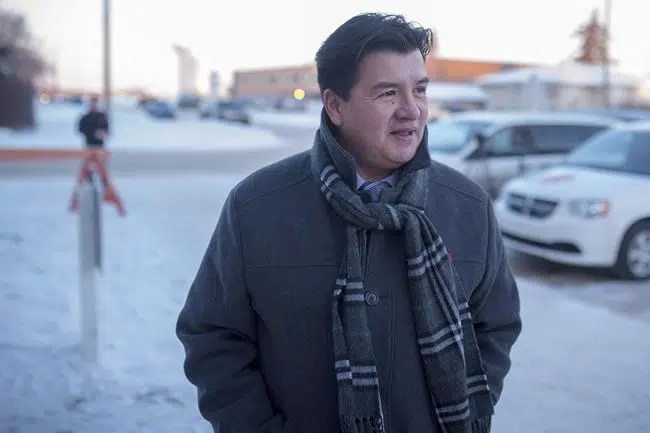
Saskatchewan proposes controversial trespass law requiring landowner permission
SASKATOON — A First Nations leader says proposed Saskatchewan legislation that would require people to get permission before going on private land could lead to clashes and even deaths.
Chief Bobby Cameron with the Federation of Sovereign Indigenous Nations said a man was found hunting on Kawacatoose First Nation land on Tuesday. Cameron said the man was told he didn’t have permission to hunt there and was escorted off. But it may not always be that simple, the chief said.
“Had it been the other way around, I don’t know if a farmer would have been that kind or that patient.”
The proposed changes to trespassing laws were introduced Tuesday, more than two years after Colten Boushie, a 22-year-old Indigenous man, was killed on a farm in rural Saskatchewan.
